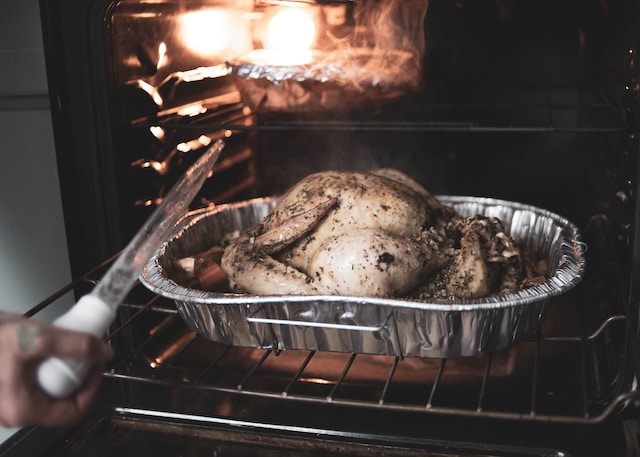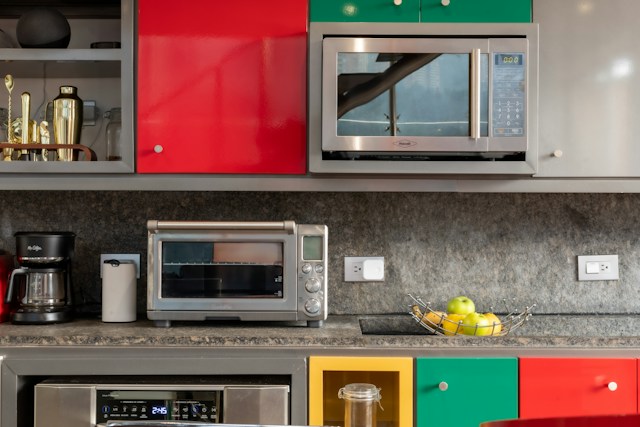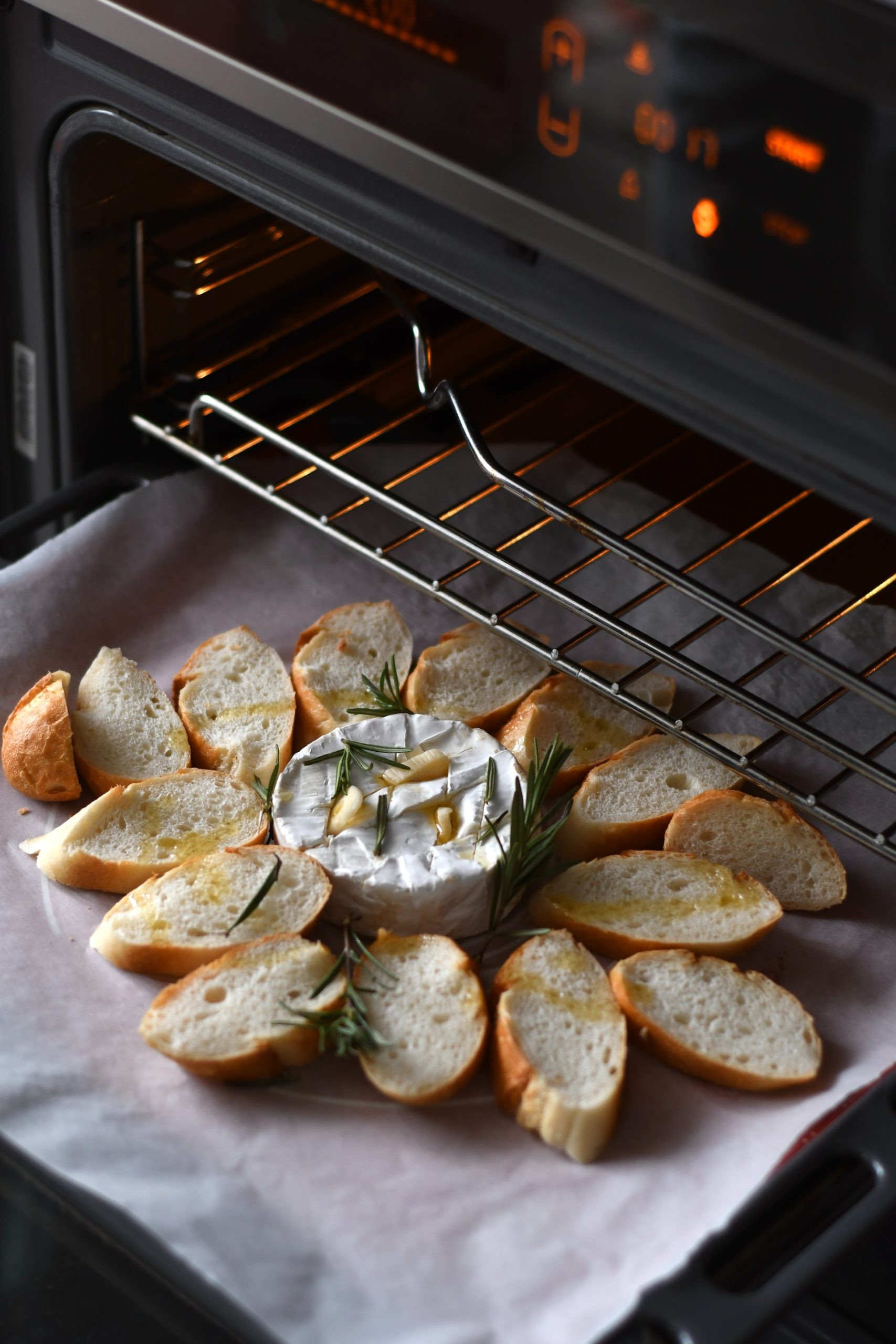What Are the Top Signs of Oven Repair
Ever heard strange noises from your oven or noticed it’s not heating like it used to? Maybe the door isn’t closing right, or you’re using the self-clean function too often. These could all be signs your oven needs repair.
Don’t ignore these issues; they could escalate and cost you more down the line. We’ve compiled the top signs to watch for, so you’ll know when it’s time to call in a professional.
Unusual Oven Noises
If you’re noticing an increase in strange, unsettling noises from your oven, it’s a clear indication that repair might be imminent. Identifying the noise source is crucial. It might be the fan, the heating element, or even the oven door. Each of these parts has unique noise effects.
A rattling fan, for instance, creates a continuous, annoying noise. A faulty heating element may produce a harsh, buzzing sound. A loose oven door might generate a repetitive, clanking noise. These varying noise effects aren’t just inconvenient; they could also signify serious internal problems with your oven.
Don’t ignore them. Instead, seek professional help immediately to prevent further damage and costly replacement. Remember, addressing the issue early can save you time, money, and the headache of dealing with a broken oven.

Inconsistent Cooking Temperatures
Another significant sign you shouldn’t overlook is inconsistent cooking temperatures, which could mean your oven’s thermostat is malfunctioning. This is a serious concern as it directly affects your temperature control. Imagine preparing a meal, only to discover halfway through that your oven’s temperature has spiked or dropped dramatically.
You might notice uneven baking, with parts of your meal overcooked and others undercooked. This can be particularly frustrating when baking, where precise temperatures are key. It’s also a waste of energy and can potentially be hazardous. Don’t just dismiss this as a minor glitch. It’s a clear sign your oven needs a check-up.
Electrical Issues
You might encounter electrical issues, a clear indication that your oven needs professional attention. These problems often stem from faulty wiring. If overlooked, this can lead to more serious consequences, like a fire. Therefore, it’s important to call in an expert to check your oven’s wiring.
Another sign of electrical issues is if your oven is tripping the circuit breakers. This is a safety mechanism to prevent electrical overload, but if it’s happening frequently, it’s a red flag. Your oven may be pulling more electricity than it should, indicating a serious problem. It’s not something you should ignore or try to fix yourself.
Always call a professional when dealing with electrical issues to avoid further damage or potential danger.
Door Not Closing Properly
So, what happens when your oven’s door refuses to close properly? Well, it’s usually due to door hinge problems or impact damage.

If you notice your oven door isn’t sealing correctly, take a look at the hinges. They may be loose, bent, or broken, causing your door to sit unevenly. A quick tighten or hinge replacement might solve the issue.
However, if your oven has suffered impact damage, like a hefty bang or drop, the door may not align with the oven frame. In this case, a professional repair might be necessary to ensure your oven’s safe operation.
Frequent Use of the Self-Cleaning Feature
If your oven’s self-cleaning feature is in constant use, it’s a sign that your appliance may need repair. Remember, a self-cleaning cycle should be an occasional task, not a frequent one.
Notice the duration of the cleaning cycle. If it’s taking longer than usual, it could indicate a problem with the oven’s heating elements. This can also have an impact on food quality, as inconsistent heating can lead to unevenly cooked meals.
If you’re relying on the self-cleaning feature to compensate for poor baking or roasting results, it might be time to call in a professional. Frequent self-cleaning can also cause unnecessary wear and tear on your oven.
Don’t overlook these signs. It’s better to address these issues early before they worsen.
Frequently Asked Questions
What Are Some Common Problems That Can Occur With the Oven’s Gas Supply?
You’ll often spot issues with your oven’s gas supply through gas leakage detection or supply valve problems. You might smell gas or your oven might not heat up, indicating a potential gas supply issue.
How Often Should I Schedule Regular Maintenance for My Oven?
You should schedule regular oven maintenance every six months. It’s a preventative measure that’ll reduce potential repair costs. Regular check-ups can detect problems early, preventing expensive damage and ensuring your oven’s longevity.
Are There Any Specific Signs of Wear and Tear I Should Look Out for in Older Ovens?

You should watch out for door malfunctions and heating inconsistencies in your older oven. If it’s failing to maintain temperature or the door doesn’t seal properly, it’s likely time for a repair.
How Can I Detect Issues With the Oven’s Internal Thermostat?
If you’re detecting temperature inconsistencies, your oven’s thermostat calibration might be off. You’ll notice your food isn’t cooking evenly or at the right pace. It’s best to get a professional to check this out.
Can Prolonged Use of the Oven Affect Its Overall Functionality and Require Repair?
Yes, prolonged use can affect your oven’s lifespan and energy consumption. You might notice uneven cooking or higher energy bills. This could mean your oven needs repair to return to its optimal functionality.
Conclusion
So, if your oven’s making strange noises or showing electrical issues, it’s high time you called for repair. Not heating evenly or having a door that won’t close right are also signs that your oven needs attention.
Additionally, if you’re constantly relying on the self-cleaning feature, your oven might need some professional attention.

Don’t ignore these signs, as they can lead to bigger problems down the line.
Remember, a well-maintained oven equals successful, stress-free cooking!
